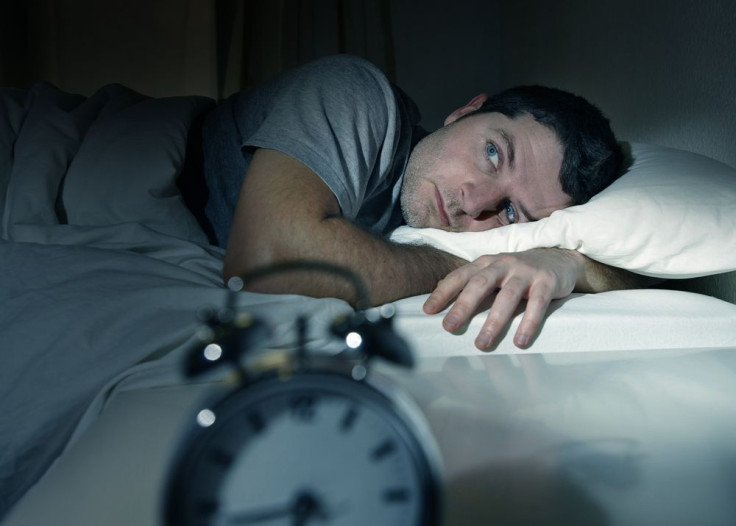FDA-Approved Sleep Aid, Belsomra, Shows Promise For Insomnia Sufferers Who Struggle With Falling And Staying Asleep

We tend to underestimate the importance of a good night’s rest even though multiple health agencies identify a lack of sleep as a major public health concern. On Wednesday, the Food and Drug Administration announced its approval of Belsomra, a pill form sleep aid that is a promising treatment for insomnia sufferers who struggle with falling and staying asleep.
According to the American Academy of Sleep Medicine, Insomnia is defined as a disorder that can result in a significant amount of distress and anxiety as well as daytime impairment. Around 30 percent of Americans display symptoms of insomnia, while 10 percent of adults suffer from insomnia that is severe enough to cause problems during daytime activities. Other effects of insomnia include daytime fatigue, negative mood, irritability, lack of concentration, and poor memory.
Belsomra manufacturer, Merck, Sharpe & Dohme Corp., conducted three clinical trials that involved over 500 participants to test the drug’s effectiveness. Although trials did not compare Belsomra to other insomnia medications, study participants who took Belsomra fell asleep faster and spent less time awake during the night compared to those who took a placebo.
“To assist health care professionals and patients in finding the best dose to treat each individual patient’s sleeplessness, the FDA has approved Belsomra in four different strengths — 5, 10, 15, and 20 milligrams,” Dr. Ellis Unger, director of the Office of Drug Evaluation I in the FDA’s Center for Drug Evaluation and Research, said in a statement. “Using the lowest effective dose can reduce the risk of side effects, such as next-morning drowsiness.”
The FDA also demanded a study that tested next-day driving performance and other side effects. Both female and male participants who took 20 mg of Belsomra experienced impaired next-day driving. The makers caution patients against taking Blesomra before performing any activity that requires mental alertness. Patients should take no more than 20 mg of Belsomra each day 30 minutes before going to bed and should make sure they have at least seven hours before the time they desire to wake up.



























